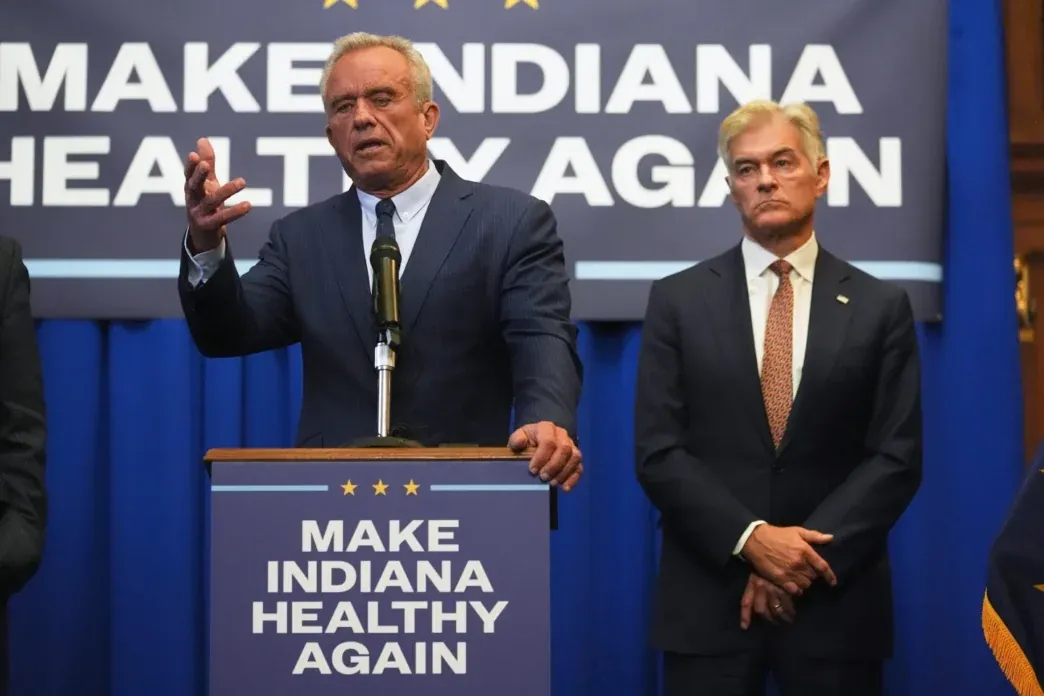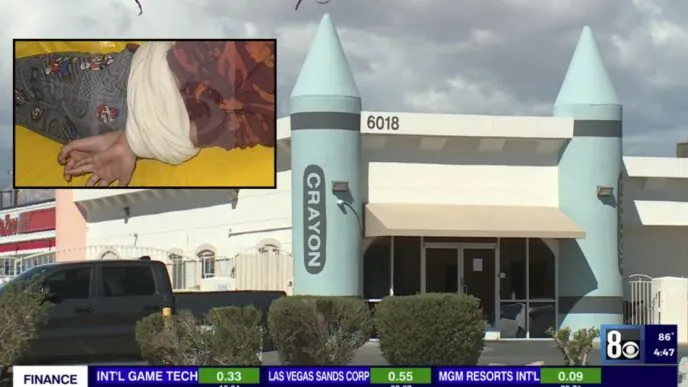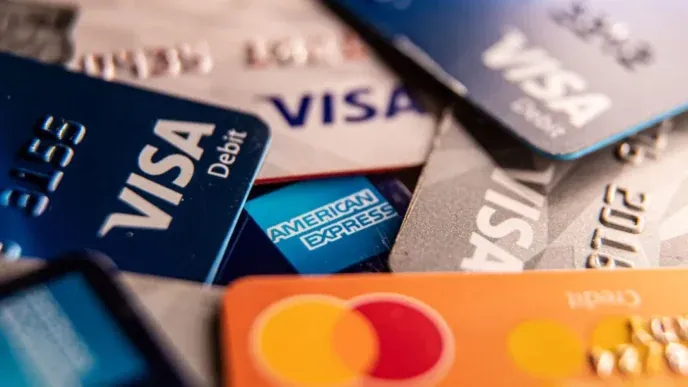Republican governors in Arkansas and Indiana have taken the lead in asking the Trump administration for permission to ban soft drinks and candy from the federal nutrition program that helps low-income families buy groceries.
Arkansas Governor Sarah Huckabee Sanders said the goal of the proposal is to improve the health of about 350,000 SNAP recipients in the state.
“Taxpayers are subsidizing poor health,” Sanders stated at a news conference in Little Rock alongside U.S. Agriculture Secretary Brooke Rollins. “We’re paying for it on the front end and the back end.”
In Indianapolis, Governor Mike Braun joined U.S. Health Secretary Robert F. Kennedy Jr. and Mehmet Oz, head of the Centers for Medicare and Medicaid Services, to unveil changes focused on nutrition. “We’re putting the focus back on nutrition — not candy and soft drinks,” Braun said.
These efforts are part of a broader push among several states to curb the purchase of foods considered harmful to health through the Supplemental Nutrition Assistance Program, or SNAP. In 2024, the federal program served nearly 42 million Americans at a cost of $100 billion. Limiting sugary items is central to the “Make America Healthy Again” agenda promoted by Rollins and Kennedy.
“They changed our food system in this country so that it is poison to us,” Kennedy said Tuesday. “We can’t be a strong nation if we are not a strong people.”
Under Arkansas’ plan, scheduled to begin in July 2026, SNAP benefits would no longer cover soda — including no- and low-calorie versions — fruit and vegetable drinks with less than 50% natural juice, other sugary beverages, candy (including flour-based confections like Kit Kat bars), and artificially sweetened treats. The plan would, however, allow hot rotisserie chicken to be covered, which is currently excluded.
Indiana’s plan also targets candy and soft drinks, removing them from the list of SNAP-eligible items. In addition, Governor Braun signed executive orders that tighten work requirements for recipients, reinstate income and asset verification rules, and launch a review of improper payments to ensure compliance with federal guidelines.
Anti-hunger advocates argue that SNAP restrictions lack evidence and unfairly target low-income people.
“They just seem to be targeting a specific population without having data that says that they are the issue or that this is going to improve,” said Gina Plata-Nino, deputy director at the Food Research and Action Center.
Trade groups for beverage and candy makers have also pushed back. American Beverage accused officials of “choosing to be the food police” instead of helping people find better jobs. Chris Gindlesperger of the National Confectioners Association called the move “misguided.”
“SNAP participants and non-SNAP participants alike understand that chocolate and candy are treats – not meal replacements,” Gindlesperger said.
SNAP is overseen by the USDA and implemented by states. The program is governed by the federal Food and Nutrition Act of 2008, which allows benefits to be used on any food meant for human consumption, with a few exceptions such as alcohol, tobacco, and hot prepared foods.
Restricting specific foods would require either congressional action or a waiver granted by the USDA, said Katie Bergh, senior policy analyst at the Center on Budget and Policy Priorities.
Over the years, several states have proposed similar bans — including on soda, chips, ice cream, bottled water, and decorated cakes — but those efforts were largely unsuccessful. Since 2004, six waiver requests have been filed. Four were denied, one was withdrawn, and one was incomplete.
The USDA has typically rejected such proposals due to the lack of a clear definition for “unhealthy” foods and concerns that restrictions would be hard to enforce, expensive, and unlikely to improve nutrition outcomes.













